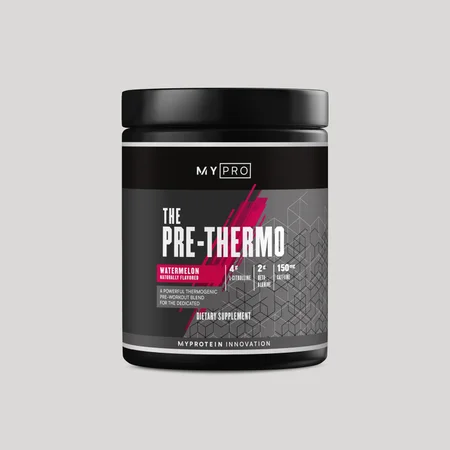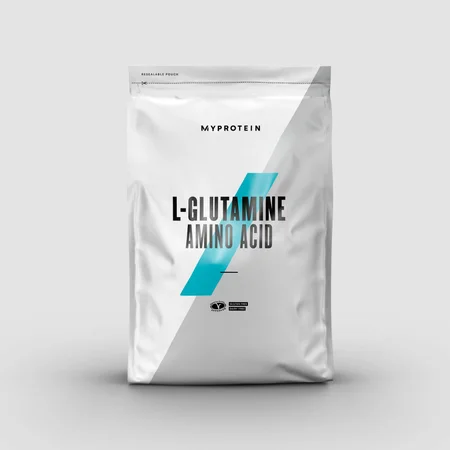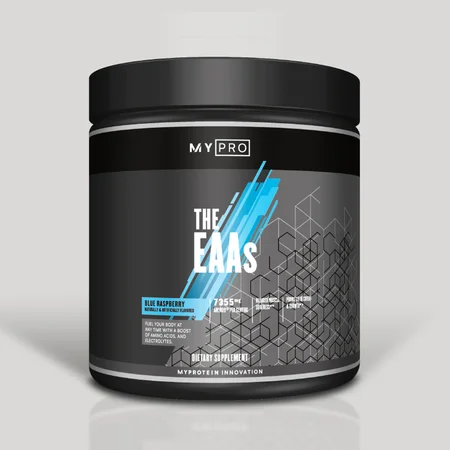The 6 Best Recovery Supplements

After a great workout, you might get a little side-tracked with your endorphin rush. But don’t forget you need a proper refuel in afterwards, with certain macro and micronutrients to optimize recovery.
Recovery plays several roles – in growing and repairing muscles, preventing soreness, and replenishing energy sources to prep for your next gym session. Recovery is key to keep smashing your workouts week after week, and essential to your results overall.

What are recovery supplements?
Recovery supplements come in many forms – they can be taken on their own, stacked, or in an all-in-one recovery blend. They’re designed to replenish your muscles (and the rest of your body) after a tough workout.
In some instances, like weight gainer blends, they are optimized for recovery and muscle growth.
What are the best supplements for recovery?
1. Whey protein
Whey protein, available in many flavours, forms, and concentrations, is likely the most common recovery supplement.
Exercise stresses our muscles, causing micro-tears, and protein provides the necessary building blocks to heal, repair, and grow our muscles. While our muscles are always in a flux of breaking down and building up, providing a protein source made up of all the essential amino acids has been repeatedly proven for effective recovery.1
2. L-Carnitine
L-carnitine is a key component of burning fat for energy. It is also involved in heart, muscle, and brain function.2 It is made by the body but also obtained from our diet. Due to its involvement in fat metabolism and health of heart and muscle, some people take it before workouts but it is also useful for recovery. Optimizing your body’s ability to burn fat also helps to preserve muscle.
3. Creatine
Creatine (or creatine monohydrate) has been a favourite ergogenic aid for many years. While creatine levels naturally vary, supplementation has been shown to be helpful in optimising creatine stores to speed recovery after workouts.3Using creatine prepares your muscles to be strong and powerful for your next workout. Optimised creatine levels can specifically boost performance in high intensity, anaerobic activity.3
4. BCAAs
Branched chain amino acids (BCAAs) are unique in their molecular structure, hence their “branched chain” designation.
Including valine, leucine, and isoleucine, BCAAs are also part of the “essential” amino acid group, which means they are essential to get from our diet – our bodies can’t make enough of them on their own. BCAAs have been shown to help shift the protein balance to rebuilding muscle tissue and slowing muscle breakdown.4
5. L-Glutamine
L-glutamine is another amino acid that our body benefits from getting in our diet or supplement regime. While all of these supplements help to speed recovery, L-glutamine specifically is known for reducing muscle soreness.5
The less sore you feel, the harder you can push during your next workout. L glutamine is also unique it its glucogenic capabilities, which means it is able to be turned into glucose, our body’s primary energy source.
6. Electrolytes
While many recovery supplements focus on muscle recovery, it’s also crucially important to replace electrolytes that we lose during our workouts.
Electrolytes in our body include calcium, magnesium, potassium and more. These micronutrients are crucial for many of the processes that keep us alive – our hearts beating, our lungs breathing, and metabolic processes. Especially if you are sweating excessively or working out in hot weather, make sure electrolytes are included as part of your recovery.
Take Home Message
READ THESE NEXT:

Claire is a Registered Dietitian through the Academy of Nutrition and Dietetics and a board-certified Health and Wellness Coach through the International Consortium for Health and Wellness Coaching. She has a Bachelor of Science in Biology and a Master’s degree in Clinical Dietetics and Nutrition from the University of Pittsburgh.
Talking and writing about food and fitness is at the heart of Claire’s ethos as she loves to use her experience to help others meet their health and wellness goals.
Claire is also a certified indoor cycling instructor and loves the mental and physical boost she gets from regular runs and yoga classes. When she’s not keeping fit herself, she’s cheering on her hometown’s sports teams in Pittsburgh, or cooking for her family in the kitchen.
Find out more about Claire’s experience here.
- Buckley, J. D., Thomson, R. L., Coates, A. M., Howe, P. R.,DeNichilo, M. O., & Rowney, M. K. (2010). Supplementation with a whey protein hydrolysate enhances recovery of muscle force-generating capacity following eccentric exercise. Journal of Science and Medicine in Sport, 13(1), 178-181.
- Fielding, R., Riede, L., Lugo, J. P., &Bellamine, A. (2018). L-carnitine supplementation in recovery after exercise. Nutrients, 10(3), 349.
- Cooke, M. B., Rybalka, E., Williams, A. D., Cribb, P. J., & Hayes, A. (2009). Creatine supplementation enhances muscle force recovery after eccentrically-induced muscle damage in healthy individuals. Journal of the International Society of Sports Nutrition, 6(1), 1-11.










